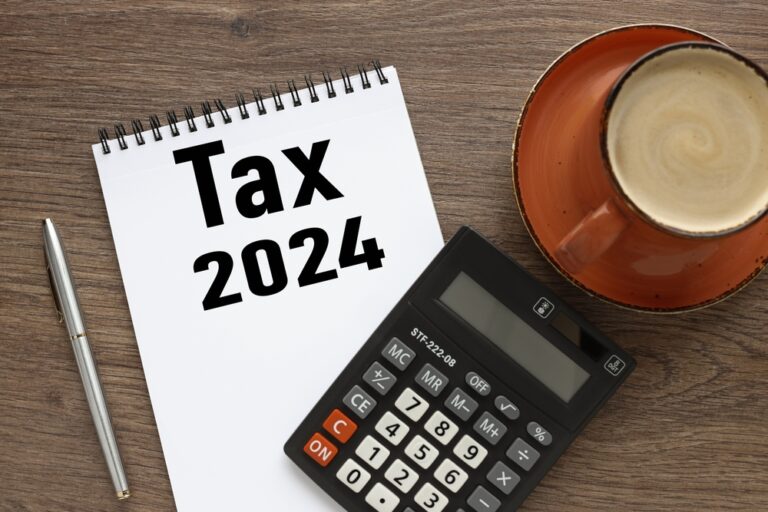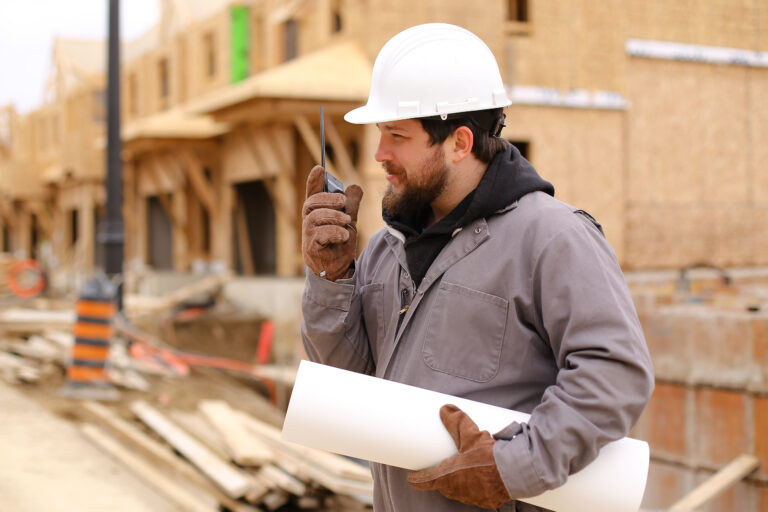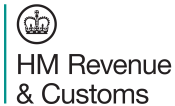VAT Input Tax: Regulation 111
 > Resources
>
Newsletter
> Resources
>
Newsletter
How to treat Input Tax: Pre-registration, Pre-incorporation and Post-deregistration claims to Input Tax under Regulation 111?
Background
Only a person who is already registered for VAT can exercise the right to deduct input tax. However, there are certain circumstances before registration and after deregistration when relief from VAT is permitted.
Pre-registration
Where a business buys goods or services before it registers for VAT, to support taxable business activities when it is registered, it can recover the tax provided that:
- – In the case of goods (either stock for resale or fixed assets), the goods remain on hand at the date of registration and will be used in the newly registered business. These goods must have been bought within the time limits that are set out in regulation 111; for businesses with a registration date after 1 April 2010 the time limit will be four years.
- – In the case of services, the supply was made not more than six months before the date of registration. Six months represents a period in which it is deemed that services obtained will relate to business activity carried on at the time of registration.
If a business is given a backdated registration date this becomes the relevant date for working out the extent of the time limits.
Fixed Assets: Businesses are not required to reduce the VAT deducted in respect of pre-registration use of fixed assets. For example, VAT incurred on a van purchased three years before registration and used before and after registration would be recoverable in full, subject to the normal rules on VAT deduction.
Pre-registration – capital items on hand when registering from 1 January 2011 onwards.
Capital items are defined as:
- – Land, buildings and civil engineering work or capital expenditure in relation to the same including construction, refurbishment, fitting out alteration and extension, where the value is more than £250,000 (Land); or
- – Ships, boats or other vessels and aircraft including capital expenditure in relation to the same of construction, refurbishment, fitting out, alteration and extension, where the value is more than £50,000 (Ships and Aircraft); or
- – Single items of computer hardware where the value is over £50,000 (Computers)
Where the goods or services acquired prior to registration are capital items and when the business registers on or after 1 January 2011, even in cases where the registration is backdated to an earlier date, the normal regulation 111-time limits of six months for services and four years for goods on hand may not apply. Instead, a business may be able to recover VAT incurred up to ten years prior to registration in respect of land and up to five years prior to registration for other capital items.
This treatment will only a rise if, at the time of acquisition, the business intended to make some business use of the capital item such as making exempt supplies or taxable supplies below the registration threshold.
Pre-incorporation
A limited company cannot register for VAT until it is formally incorporated. Goods or services may have been supplied to the employees setting up the company before then.
A company can claim VAT on those goods and services if the tax relates directly to the business to be carried on by it following incorporation and registration for VAT. The six-month limit in respect of services and the four-year limit for goods also apply to pre-incorporation claims.
VAT incurred pre-registration can only be claimed to the extent that, at the time the tax was incurred, the relevant goods and services were used, or to be used, to make taxable supplies.
Post-deregistration
The right to deduct input tax stops at the date of deregistration. VAT can be reclaimed where services supplied after the date of deregistration relate to the business activity carried on while the business was registered.
This also applies when the deregistered business did not claim input tax to which they were entitled while registered. It does not apply to goods supplied after the date of deregistration.





